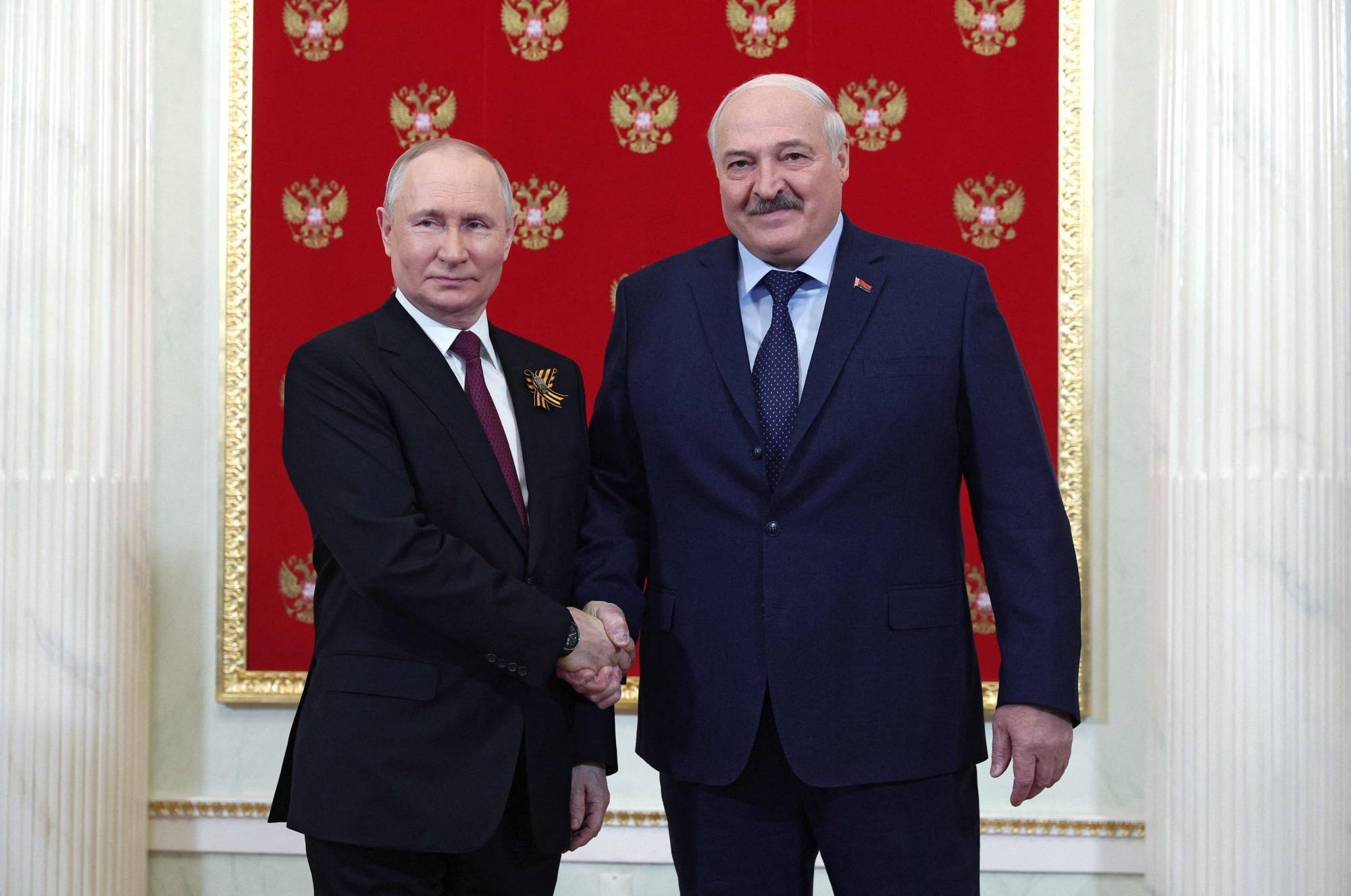Concerned about an impending Ukrainian counteroffensive benefiting from NATO’s backing of Kyiv, Moscow has recently doubled down on its nuclear threats by formalizing a deal with Minsk on the stationing of Russian tactical nuclear weapons.
Signed on Thursday, the agreement to redeploy part of Russia’s vast nuclear arsenal to Belarus doesn’t only mark a paradigm shift in Moscow’s military posture — it’s the first nuclear arms transfer beyond Russia’s borders since the fall of the Soviet Union — it is also a sharp escalation of the 16-month-old conflict in Ukraine.
While essentially a military move, experts view Moscow’s decision to place nuclear arms closer to not only Ukraine but also NATO members Poland, Latvia and Lithuania — all of which border Belarus — as mainly an act of political posturing designed to intimidate the West and incite widespread fear of Russian nuclear weapons use in Europe.

















With your current subscription plan you can comment on stories. However, before writing your first comment, please create a display name in the Profile section of your subscriber account page.